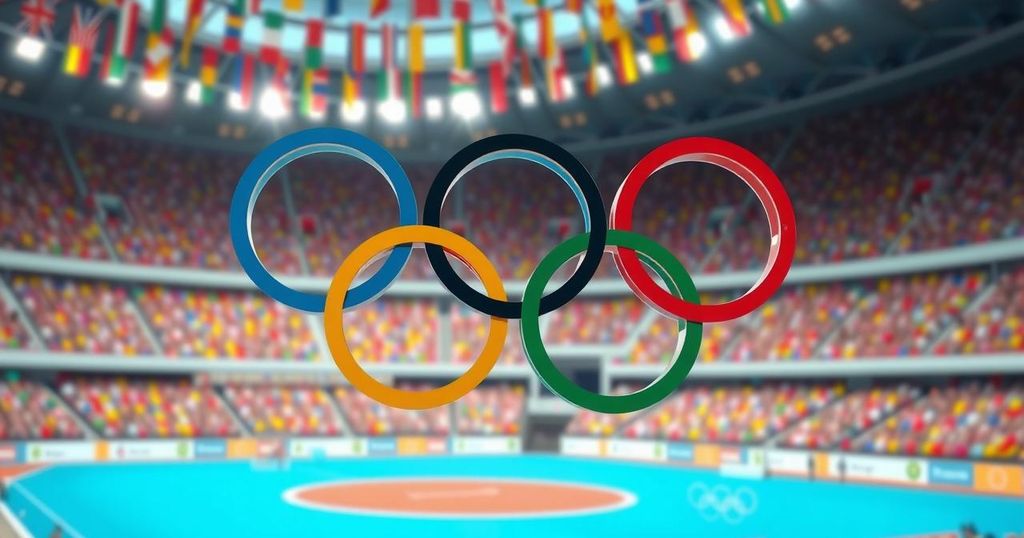The IOC presidential election is set for Thursday, with no clear frontrunner among the seven candidates. Discussions among members emphasize the importance of their choices for the Olympic Movement. Key candidates like David Lappartient and Juan Antonio Samaranch Jr. highlight the unpredictable nature of the election, which will utilize a secret ballot. The new president will need to tackle various challenges, including sustainability and gender equity.
The International Olympic Committee (IOC) is approaching a critical moment as it prepares for the election of its 10th president, scheduled for Thursday. Set against the picturesque Ionian Sea, the 144th Session marks the last for outgoing president Thomas Bach. Despite media speculation, there is no clear frontrunner, rendering this election one of the most unpredictable in recent history. Conversations among members highlight the importance of their votes for the future of the Olympic Movement.
David Lappartient, one of seven candidates and current president of the International Cycling Union, anticipates multiple rounds of voting. He noted, “It’s moving fast, but I’m still in the race. No one can predict the result, and I believe it will take multiple rounds before we have a winner.”
Juan Antonio Samaranch Jr. emphasized the confidentiality of the voting process, noting that the true results will only be revealed when ballots are cast. He expressed his commitment by stating, “I can promise you that I will be working until the very last second – until 3:59 p.m. tomorrow.”
With over 100 votes from IOC members, the election will employ a secret ballot. Should no candidate achieve an absolute majority in the initial round, the candidate with the lowest score will be eliminated, leading to subsequent voting rounds until a winner emerges.
Sebastian Coe, president of World Athletics, chose not to comment extensively but affirmed his presence with a simple, “I’m still here.” Kirsty Coventry, the only female candidate and former Olympic champion, has garnered speculation as a potential successor to Bach without making public statements.
Prince Feisal bin Hussein expressed both confidence and an acknowledgment of the vote’s unpredictability, stating, “I’m in it to win it. But at the end of the day, it’s the members who decide.” Other candidates, including Johan Eliasch and Morinari Watanabe, remained noncommittal in their responses, with Watanabe remarking, “I am waiting.”
Beyond the presidential race, the upcoming leader will be tasked with addressing key issues such as political neutrality, financial stability, gender equity, and digital innovation, alongside the pressing challenge of climate change affecting future Winter Games. Martin Fourcade, an IOC member, stressed the need for strong leadership, asserting that the new president must promote fairness and sustainability in Olympic events.
As the IOC election approaches, it is marked by uncertainty and the absence of a clear frontrunner. With significant issues pending for the new president, the election is poised to impact the future of the Olympic Movement profoundly. All candidates are making final appeals to IOC members as the voting day approaches, reinforcing the election’s historical significance regardless of the outcome.
Original Source: english.news.cn




